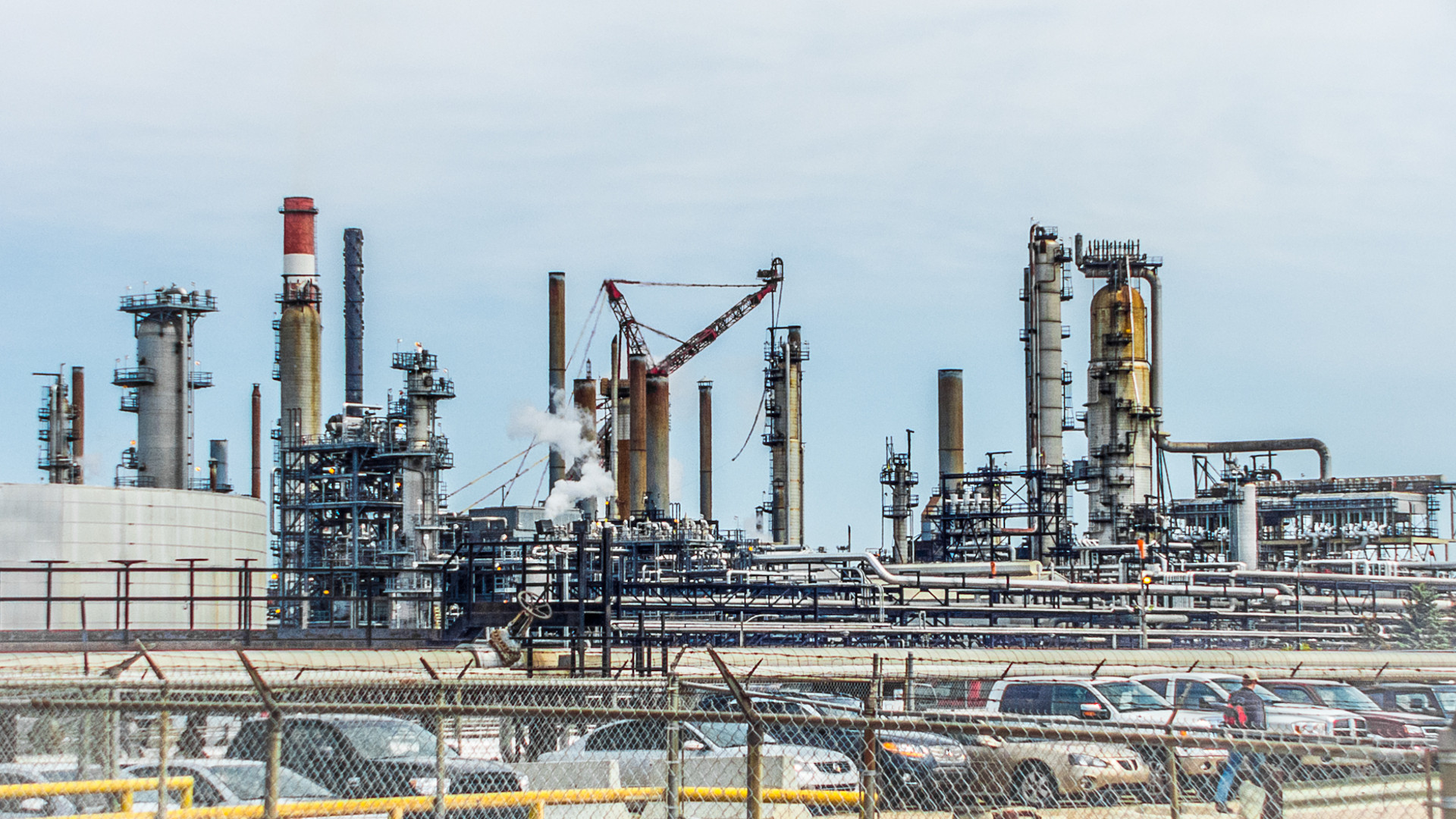I live in Alberta, Canada. Yes, that Alberta. The one that wants oil pipelines, is home to the tar sands, and is responsible for nearly 60 percent of Canada’s entire feeder-cattle production. You may think this is the last place on Earth that would support any kind of action to reduce carbon emissions but, lo and behold, there has been a carbon tax here for nearly two years.
How has it worked out? I’ll let you decide.
Alberta has a few different policies to reduce emissions from large-scale emitters and electrical-generation facilities, but it wasn’t until 2017 that it implemented the carbon tax, which is applied to heating and transportation (except farm fuels). The current rate is $30 Canadian ($23 U.S.) per metric ton and will increase to $40 Canadian in 2021 and $50 in 2022. For gasoline right now, this works out to just under 7 cents per quart. On the heating side, a typical home now sees a monthly tax of about $5 Canadian (U.S. $3.80).
What does the government do with this windfall? Part of the money goes back to Albertans in the form of rebates. For instance, a low-income family will receive a rebate of $540 this year. The rebate is structured so that one-third of Albertans should receive more in rebates than they spend on the tax, one-third will break even, and the highest income earners will get no rebate. For this year the province will have an after-rebate surplus of about $1.4 billion Canadian, which is targeted to go into green projects such as expansion of light rail transit, research, small business tax reductions and rebates on residential efficiency items.
Sounds not too bad, eh?
The tax makes the carbon-based fuels a little less competitive against alternatives, and environmental progress is made by using less of them. However, like many stories that seem to have a happy ending, this is a story that’s not yet finished. Recently the government announced that future increases to the carbon tax will be used for general revenue. This makes the plan no longer revenue-neutral. It’s also a Christmas present for opposition political parties and lobby groups, enabling them to convince an already lukewarm electorate that this is just another tax.
A recent poll indicates that two-thirds of Albertans would like to see the tax disappear. Strange, in my opinion, since a good portion of this group are making money on the rebate or, at worst, breaking even. The economy doesn’t seem to be suffering either, with Alberta’s economic growth leading all other provinces last year.
So why is there such resistance to the carbon tax? It’s the strong viewpoint of nearly half of Albertans that climate change is either not a problem or that it is not driven by human activity. The fact that our carbon dioxide emissions have already effectively increased the intensity of our sun by over a half percent is “fake news” to them.
With that mindset, many see the carbon tax as just another tax and not as a mechanism for nudging people to use fewer carbon-based fuels. This is backed up by new-vehicle sales last year, where less than 15 percent were compact or intermediate-sized cars.
Even with this considerable opposition, the carbon tax is likely to stay, at least for a while. If the provincial opposition party wins the next election and throws out the provincial tax, the Canadian federal government will impose its own version by 2019. Of course, the federal opposition party is also against the carbon tax, so the federal carbon tax may also be in jeopardy.
My feelings on all of this?
I believe a carbon tax is a necessary component of our battle to reduce emissions. What I’m not happy with is the shuffling of some of the revenue into general operating funds, since this makes it feel like every other tax when, in my opinion, it should be treated like the most transparent tool the government has to reduce emissions.
The other two tools at the government’s disposal — regulations and subsidies — are not transparent. For example, if we regulate higher fuel efficiency for vehicles, automobile companies will incur extra costs and pass this cost onto car buyers. If we want to speed up the introduction of solar power generation, we can put in subsidies or other incentives, but this money comes from the taxes we pay or, because most governments run a deficit, taxes our children will pay.
It will be very interesting to see how the next years play out here in Canada, both at the provincial and federal level. It would be nice to hear the political parties debate what kind of carbon tax should be implemented instead of whether there should be a carbon tax at all.
However, in my opinion, until a large majority of people finally understand that climate change is both manmade and real, any carbon tax here in Alberta — or other places, including Washington state, which will consider a carbon tax ballot measure on November’s election — will have limited positive impact and a precarious life.
© 2018 Ken Kroes. All rights reserved.
The opinions expressed above are those of the author and do not necessarily reflect those of The Revelator, the Center for Biological Diversity or their employees.


